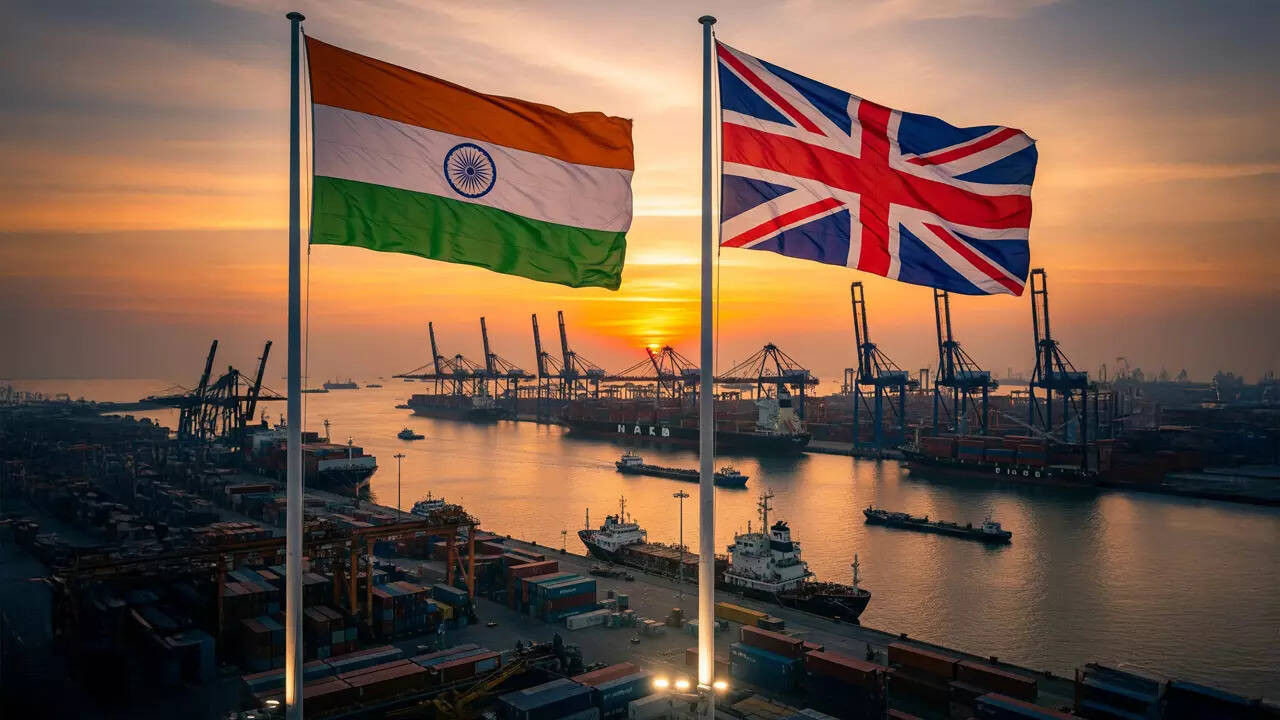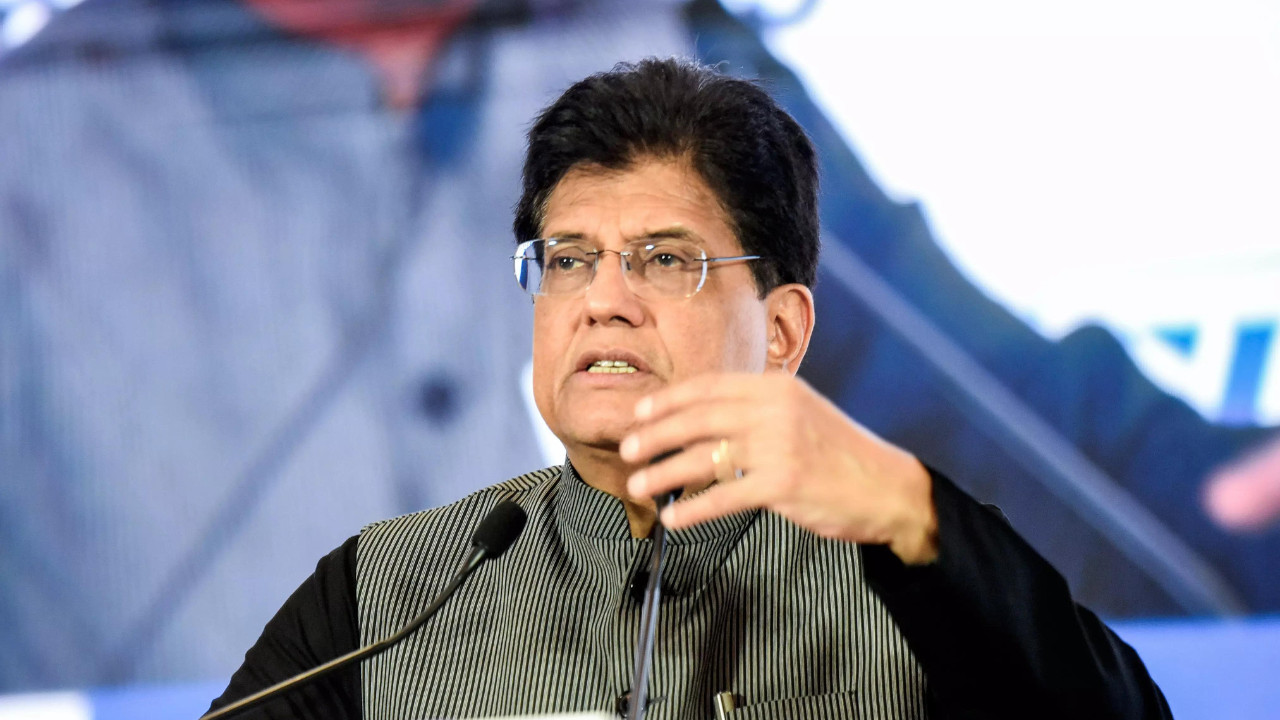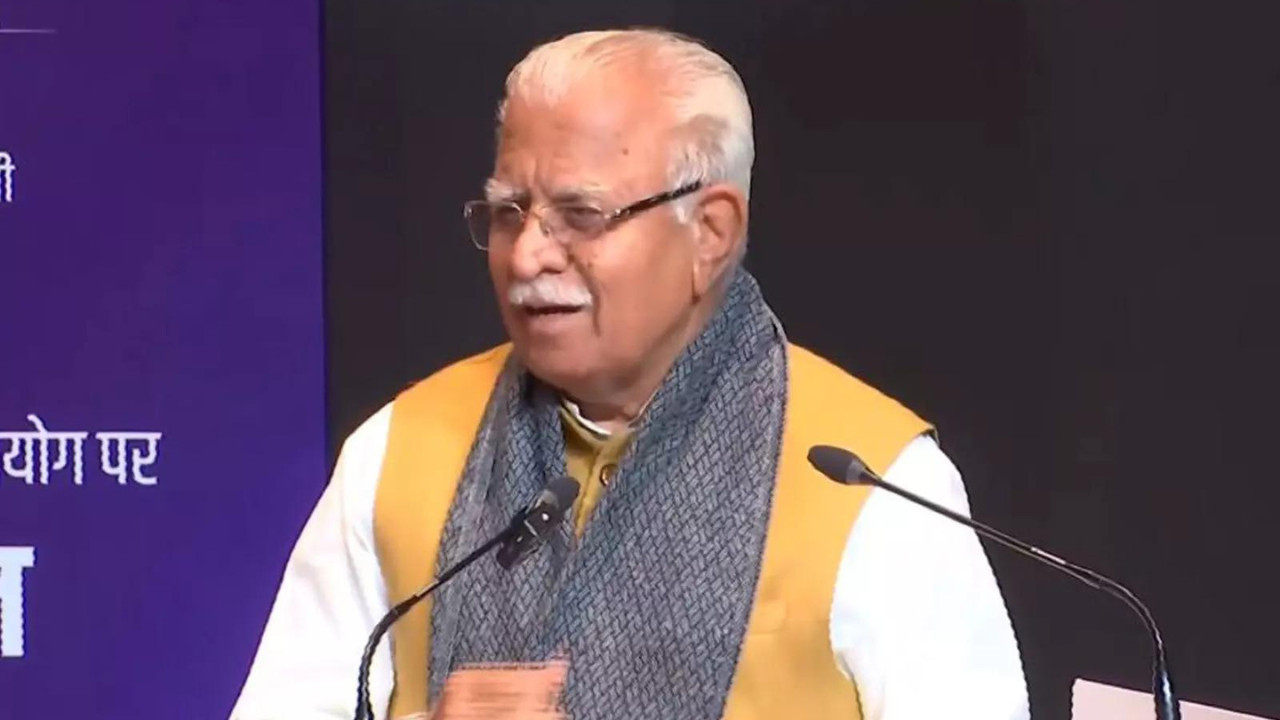The India-UK trade deal marks a significant milestone, granting 99% of Indian exports duty-free access to the UK market. This agreement is poised to boost bilateral trade by £25.5 billion, reducing tariffs on various sectors and fostering growth in textiles, agriculture, engineering, and pharmaceuticals.
The India-UK Trade Deal: A New Chapter Unfolds
After years of negotiation, the ink is finally dry. The India-United Kingdom Free Trade Agreement (FTA) is here, promising a seismic shift in the economic landscape for both nations. But beyond the headlines, what does this deal really mean for businesses, professionals, and consumers? Let’s delve into the key takeaways, dissecting the numbers and exploring the potential impacts.
The FTA aims to slash trade barriers, paving the way for increased collaboration and economic growth. Forget tedious tariffs and bureaucratic hurdles; this agreement is designed to streamline the flow of goods, services, and investment between two of the world’s major economies. It’s a win-win, right? Well, like any ambitious agreement, the devil is in the details.
A Treasure Trove of Opportunity: Duty-Free Access
The centerpiece of the deal is undoubtedly the commitment to offer duty-free access to a staggering 99% of goods traded between India and the UK. Imagine the possibilities! For Indian exporters, this means a significant cost advantage, leveling the playing field and making their products more competitive in the UK market. Sectors like textiles, leather, and agricultural products are poised to benefit hugely.

Similarly, British businesses gain easier access to the burgeoning Indian consumer market. From Scotch whisky to cutting-edge machinery, UK exports will face fewer barriers, potentially boosting their market share and fostering greater economic integration.
Powering the Engine: Benefits for Indian Professionals
This agreement isn’t just about goods; it also addresses the crucial role of professionals. The FTA includes provisions aimed at facilitating the movement of skilled workers between India and the UK. This could mean easier visa access and recognition of professional qualifications, empowering Indian professionals to pursue opportunities and contribute their expertise to the UK economy. Think of it as a brain gain, boosting innovation and competitiveness on both sides.
For young Indians aspiring to work and live abroad, this is a particularly exciting development. The prospect of streamlined visa processes and enhanced recognition of their skills could unlock doors to career opportunities previously out of reach. The benefits for Indian professionals are multifaceted and far-reaching.
Investment Flows: A Two-Way Street
Beyond trade and skilled labor, the FTA is expected to stimulate significant investment flows between the two countries. With reduced regulatory hurdles and increased certainty, businesses are more likely to invest in each other’s markets, driving economic growth and creating jobs.
Indian companies can look to the UK as a gateway to the European market, while British firms can leverage India’s vast consumer base and skilled workforce to expand their global footprint. This reciprocal investment is a vital ingredient for sustainable economic partnership.
Navigating the Challenges: What Lies Ahead?
Of course, implementing such a complex agreement will not be without its challenges. Businesses on both sides need to adapt to the new rules and regulations, navigate potential cultural differences, and address any lingering concerns about intellectual property protection.
The true test of the FTA will be its ability to deliver tangible benefits to businesses and consumers in the long run. Continuous monitoring, evaluation, and adaptation will be essential to ensure that the agreement remains relevant and effective in a rapidly changing global economy.
A Brighter Future Together
The India-UK FTA represents a bold step towards closer economic cooperation. By removing trade barriers, fostering investment, and facilitating the movement of skilled professionals, this agreement has the potential to unlock significant economic benefits for both nations. Whether it truly becomes a transformational force in the global economy remains to be seen, but the initial signs are certainly promising. Now, the real work begins: translating the fine print into tangible gains for businesses and individuals alike. This India-UK trade deal promises a brighter, more connected future.







